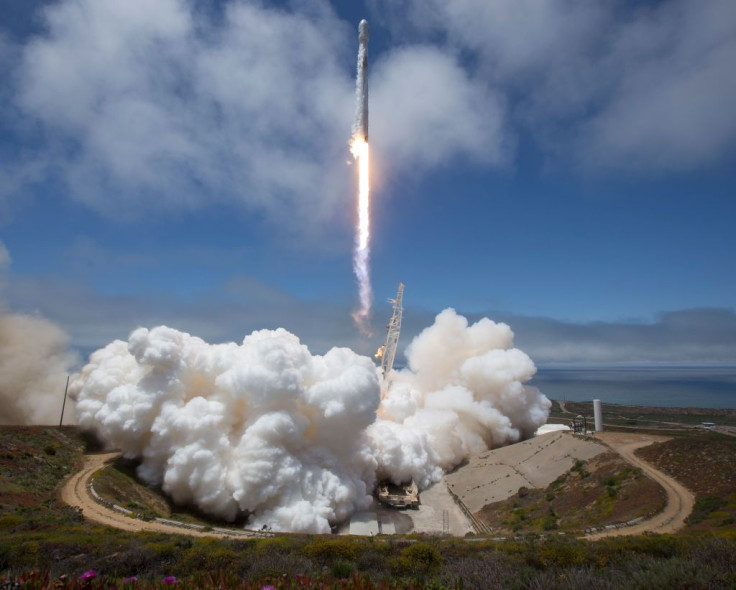Elon Musk’s SpaceX Mission To Mars Will Fail, Astronaut Says

Elon Musk’s SpaceX mission to Mars is too ambitious and is likely to fail, a British astronaut said.
According to a report, British astronaut Tim Peake, who spent six months in the International Space Station, doesn’t see Musk’s timeline of colonizing Mars believable. The SpaceX CEO aims to bring humans to the Red Planet on or before the year 2030.
Major Peake said that 20 years is a more realistic goal for the SpaceX mission to succeed, citing that Mars is a very difficult planet to colonize but is not something they can’t overcome. “The moon is definitely going to enable us to learn about how we are going to do a Mars mission more safely. At the moment we are focussed on returning humans to the Moon by 2024 which is very ambitious, but certainly within the next decade without a doubt. So that means, I think, the Mars mission is going to follow the decade following that,” Peake said.
Despite his statement, Peake recognizes the role of private, commercial space companies to the advancement of important space missions and thinks that they can contribute to a faster timeline.
“So I think it is going to be 20 years before we see humans on the surface of Mars. What is interesting is that commercial companies are now very much involved in space exploration. We already have commercial companies supplying the Space Station with cargo. Next year, we expect SpaceX and Boeing to deliver crew to the space station. And these commercial companies have ambitions to go to the Moon and to Mars, and that is really helping to advance our timeline,” he said.
“I think Elon Musk has a very ambitious timeline on when humans will get to Mars, but I think if you put your resources into that as a goal, then it could be achieved. At the moment, the national space agencies are working on going to the Moon first, and then on Mars.”
Musk recently unveiled the SpaceX rocket that was created to ferry humans to space. The Starship rocket measures 164 feet in height and weighs 200 tons or 1,400 tons when fully loaded. The SpaceX Starship is expected to launch into Earth’s orbit in the next few months to test the rocket.
© Copyright IBTimes 2025. All rights reserved.





















